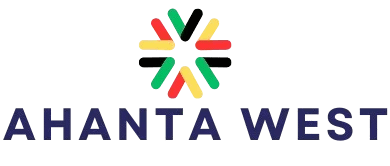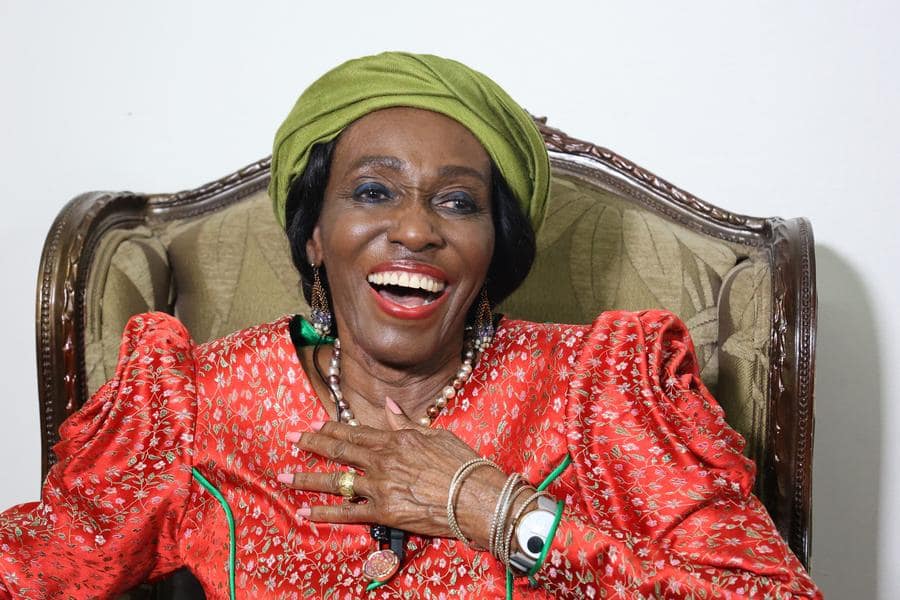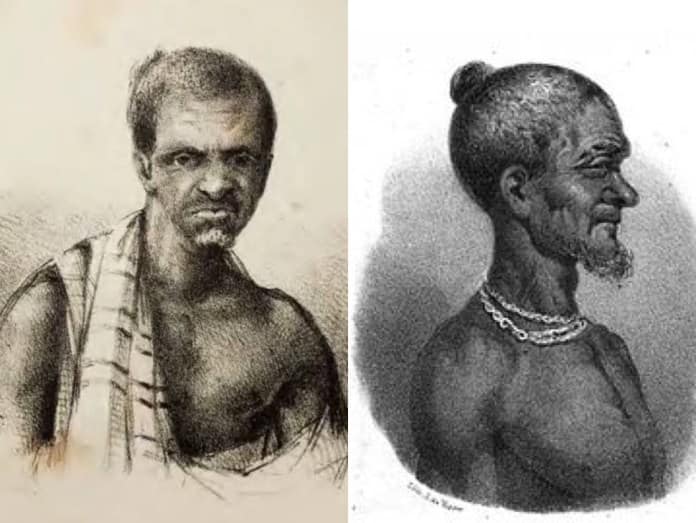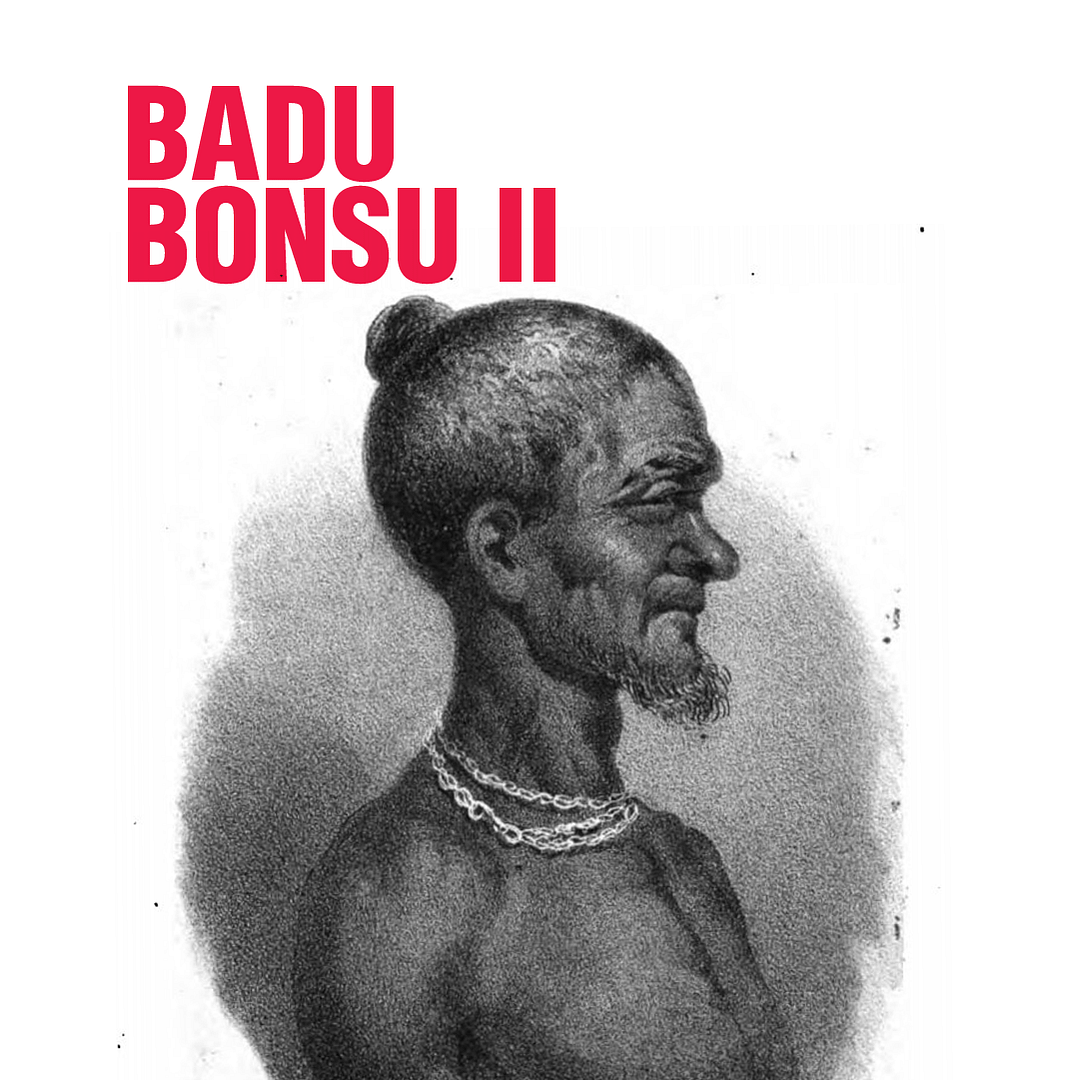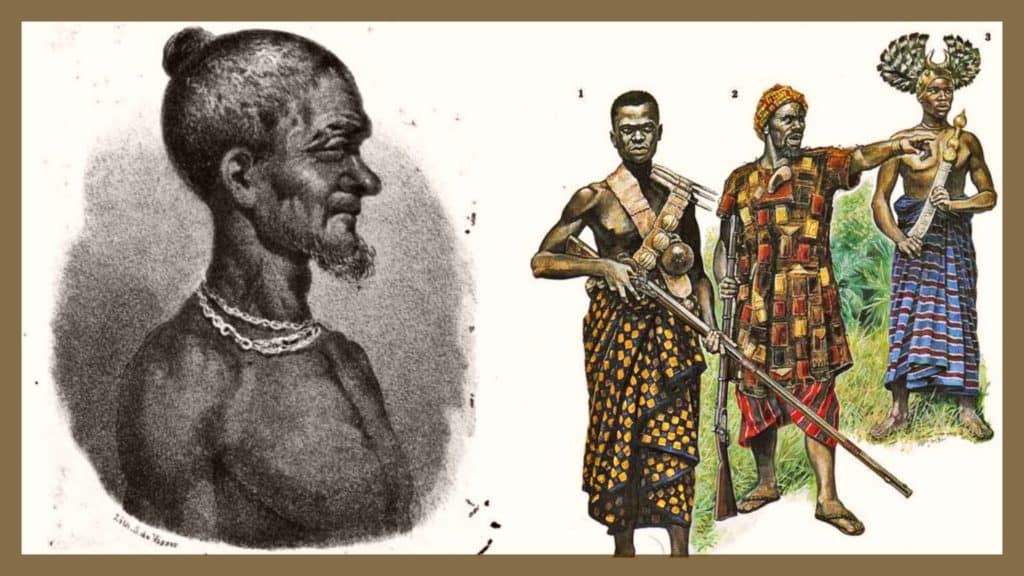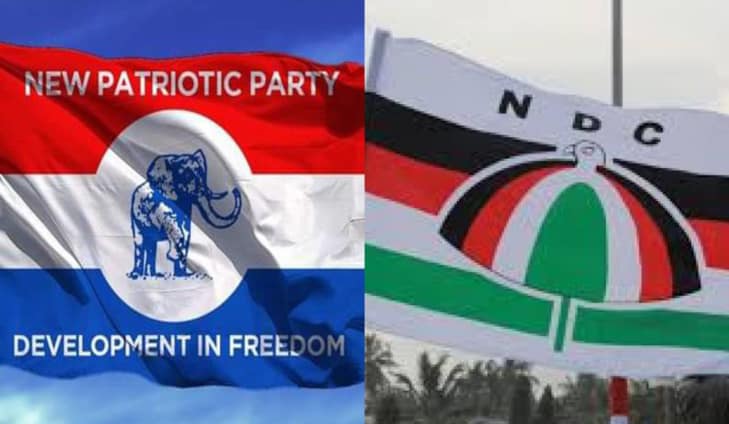
Introduction and Historical Background
Ghana’s political landscape has been dominated by two major parties since the return to multiparty democracy in 1992 — the New Patriotic Party (NPP) and the National Democratic Congress (NDC). Both have their roots in Ghana’s post-independence political evolution, reflecting ideological, regional, and socio-economic differences that have shaped the country’s democratic journey.
The NDC traces its origins to the Provisional National Defence Council (PNDC), led by Flt. Lt. Jerry John Rawlings, who transitioned the military regime into a civilian government in 1992. The party’s founding ideology centered on social democracy, emphasizing equality, state intervention in social welfare, and inclusivity.
The NPP, on the other hand, emerged from the Danquah-Busia-Dombo tradition, rooted in liberal democracy, property rights, and private enterprise. Formed in 1992, the NPP espoused center-right liberal values, focusing on individual freedom, private sector growth, and the rule of law.
Over three decades, Ghana has witnessed peaceful alternations of power between these two parties, making it a model of democratic resilience in Africa. This article applies empirical political analysis to examine their political behaviours, governance patterns, and voter trends — focusing on what is actually happening, using observable facts and data rather than ideology or speculation.
In Ghana, this method allows us to examine how citizens vote, how parties govern, and how their actions shape political outcomes.
- Voter Behaviour and Electoral Patterns
- Historical electoral data show alternating support between the two parties.
- NDC won in 1992, 1996, 2008, and 2012.
- NPP won in 2000, 2004, 2016, and 2020.
- This cyclical trend reflects Ghanaian voters’ preference for performance-based democracy — switching parties when expectations are unmet.
- Empirical studies (e.g., CDD-Ghana, 2020) reveal that economic conditions and youth unemployment are the most influential factors in voting decisions.
- Historical electoral data show alternating support between the two parties.
- Regional Voting Patterns
- Data consistently show NPP dominance in the Ashanti and Eastern Regions, and NDC strength in the Volta and Northern Regions.
- However, the swing regions — Greater Accra, Central, and Western — often determine national outcomes.
- The 2020 elections, for example, saw the NPP winning 51.3% of the votes, but losing parliamentary majority — an indication of split-ticket voting behaviour, where Ghanaians distinguish between presidential and parliamentary preferences.
- Governance and Policy Implementation
- Empirically, both parties prioritize infrastructure, education, and industrialization.
- NDC’s policies (e.g., free maternal care, infrastructure expansion) focus on social equity.
- NPP’s initiatives (e.g., Free SHS, One District One Factory) emphasize economic empowerment and private participation.
- Surveys reveal mixed public perceptions: while citizens appreciate policy intentions, issues of corruption, bureaucracy, and political patronage remain common across regimes.
- Empirically, both parties prioritize infrastructure, education, and industrialization.
- Public Trust and Political Institutions
- Data from the Afrobarometer (2022) show that public trust in political leaders has declined — only 41% of Ghanaians trust the presidency, and 38% trust parliament.
- Both NPP and NDC face challenges of internal factionalism, campaign monetization, and youth disillusionment, threatening long-term democratic consolidation.
- Empirical Conclusion
- The empirical evidence suggests that Ghana’s democracy is vibrant but issue-driven rather than ideology-driven.
- Citizens vote not out of deep loyalty but in response to governance performance.
- Both NPP and NDC have institutionalized democracy through peaceful transitions, but they must address corruption, youth unemployment, and polarization to sustain citizen confidence.
DISCLAIMER: The Views, Comments, Opinions, Contributions and Statements made by Readers and Contributors on this platform do not necessarily represent the views or policy of ahanawest.com.
